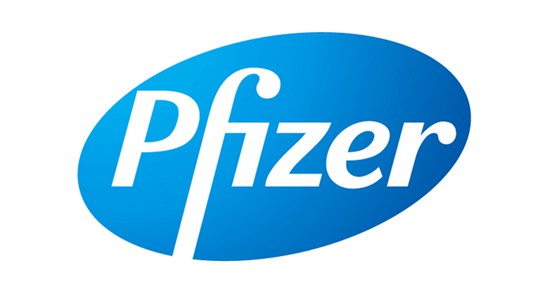
Pfizer has dosed the first patient in its phase 3 study of marstacimab, an investigational drug being evaluated for the treatment of severe haemophilia A or B with or without inhibitors.
Marstacimab is an anti-tissue factor pathway inhibitor (anti-TFPI) in development as a prophylactic treatment to prevent or reduce the frequency of bleeding episodes in individuals with severe haemophilia A or B.
The phase 3 BASIS study will evaluate the annualised bleed rate (ABR) through 12 months of treatment with marstacimab in approximately 145 adolescent and adult patients aged between 12 and <75 years old.
It will compare marstacimab to a run-in period on replacement therapy with VIII or IX clotting factor, respectively, or bypass therapy.
Haemophilia is a rare genetic disease that is characterised by a deficiency of a protein needed for normal blood clotting – clotting factor VIII in haemophilia A and clotting factor IX in haemophilia B.
People living with haemophilia have an increased risk of spontaneous bleeding as well as bleeding following injuries or surgery, and it is a lifelong disease that requires continuous monitoring and therapy.
In a phase 2 study of marstacimab, the anti-TFPI treatment showed a significant reduction in ABR for all participants involved in the trial.
The participants were also monitored in a long-term extension study, which demonstrated sustained efficacy for up to 12 months as well as no thrombotic events or treatment-related serious adverse events.
“Our approach to haemophilia research includes the investigation of multiple mechanisms to help address the needs of all people with haemophilia, including those with haemophilia A or B, and with or without inhibitors, and targeting TFPI provides a novel approach to improving blood coagulation,” said Brenda Cooperstone, chief development officer, rare disease, Pfizer Global Product Development.
“Based on the phase 2 study findings to date, marstacimab may have the potential to offer improved bleed control via subcutaneous injection and potentially eliminate the need for prophylactic factor replacement, providing an enhanced treatment option compared to factor replacement therapy,” she added.
A number of treatments on the market are designed to replace factor VII, including both short-acting and newer long-acting versions such as Shire’s Adynovate, Biogen’s Eloctate, Bayer’s Kovaltry and CSL Behring’s Afstyla. Marstacimab offers a new way of treating haemophilia that does not rely on replacing factor VIII or factor IX.




